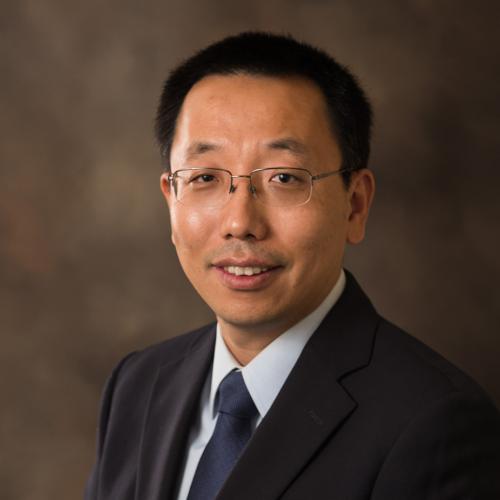A paper coauthored by PhD student Lanyu Shang and members of Associate Professor Dong Wang's research group, the Social Sensing and Intelligence Lab, received the best paper award in the research track during the 2022 IEEE/ACM International Conference on Advances in Social Network Analysis and Mining (ASONAM 2022). The conference, which was held in Istanbul, Turkey, on November 10-13, brings together researchers and practitioners from a broad variety of social media-related fields to promote collaborations and exchange of ideas and practices.
Their paper, "A Knowledge-driven Domain Adaptive Approach to Early Misinformation Detection in an Emergent Health Domain on Social Media," addresses an important problem of how to accurately detect misinformation in emergent health domains, where existing misinformation detection solutions often fall short in training effective classification models due to the lack of sufficient training data and up-to-date medical knowledge.
"In our study, we observe that misinformation from the emergent health domain of Monkeypox is often relevant to topics in recent news, such as COVID-19. For example, a popular misleading post in the Monkeypox domain claims that the Monkeypox virus is intentionally engineered for the financial interest of vaccine sale like COVID-19," the researchers noted. "While such misinformation cannot be easily detected solely with our previous knowledge about the Monkeypox disease, our COVID-19 knowledge, such as the COVID-19 virus is not engineered, can be of great help for debunking the above Monkeypox misinformation."
Inspired by the above observation, the researchers explored the rich and timely resources, such as the annotated data and medical reports, from a relevant health domain, namely COVID-19, to tackle the early misinformation detection problem in the emergent health domain of Monkeypox. According to the researchers, through experiments on multiple real-world datasets, the proposed framework was shown to be effective in identifying emergent healthcare misinformation in an early stage.
The authors believe that their work could also be applied to detect health misinformation related to other emergent health domains, such as polio, respiratory syncytial virus (RSV), or any diseases in the future. The accurate and timely misinformation detection results can effectively mitigate the spread of online misinformation related to emerging diseases and ensure the credibility of information on social media.
The primary research focus of the Social Sensing and Intelligence Lab lies in the emerging area of human-centered AI, AI for social good, and cyber-physical systems in social spaces. The lab develops interdisciplinary theories, techniques, and tools for fundamentally understanding, modeling, and evaluating human-centered computing and information (HCCI) systems, and for accurately reconstructing the correct "state of the world," both physical and social.
